Home>Furniture & Design>Bathroom Accessories>How Often To Wash A Shower Curtain
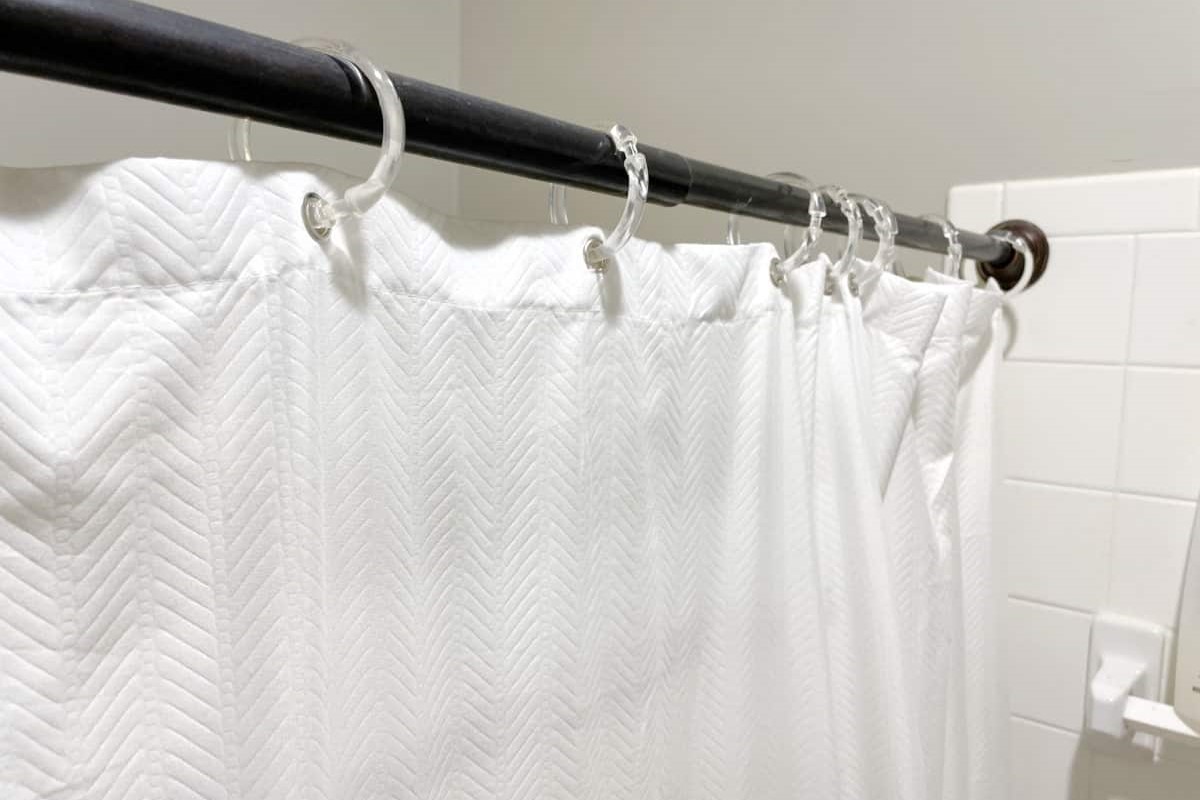

Bathroom Accessories
How Often To Wash A Shower Curtain
Modified: March 2, 2024
Discover the best practices for maintaining your bathroom accessories. Learn how often to wash a shower curtain and keep your bathroom fresh and clean.
(Many of the links in this article redirect to a specific reviewed product. Your purchase of these products through affiliate links helps to generate commission for Storables.com, at no extra cost. Learn more)
Introduction
Maintaining a clean and hygienic bathroom is essential for a healthy home environment. One often overlooked aspect of bathroom cleanliness is the shower curtain. While it may seem like a minor detail, the shower curtain can harbor mold, mildew, and soap scum if not properly maintained. This can not only affect the appearance of your bathroom but also pose potential health risks.
Understanding how often to wash a shower curtain is crucial in ensuring a fresh and sanitary bathing space. Factors such as the material of the curtain, frequency of use, and the presence of mold or mildew all play a role in determining the appropriate cleaning schedule. By addressing these factors and implementing regular cleaning and maintenance practices, you can effectively prolong the lifespan of your shower curtain and create a more inviting and healthy bathroom environment.
In this comprehensive guide, we will delve into the various factors to consider when determining how often to wash a shower curtain. Additionally, we will explore both regular cleaning schedules and deep cleaning methods to help you maintain a pristine shower curtain and a hygienic bathroom. Let's embark on this journey to discover the best practices for keeping your shower curtain clean and fresh.
Key Takeaways:
- Keep your shower curtain clean by washing it regularly based on material and use. Use natural solutions like vinegar and baking soda for deep cleaning to maintain a fresh and inviting bathroom.
- Prevent mold and mildew by addressing factors like material, frequency of use, and ventilation. Deep clean with hydrogen peroxide or bleach as needed for a pristine shower curtain.
Read more: How Often Should You Change Shower Curtains
Factors to Consider
When deciding how often to wash a shower curtain, several factors come into play. Understanding these factors is crucial in establishing an effective cleaning routine that ensures a clean and hygienic bathroom environment.
-
Material of the Shower Curtain: The material of the shower curtain significantly impacts its cleaning requirements. Vinyl and plastic curtains are relatively easy to clean and are less prone to mold and mildew buildup. On the other hand, fabric curtains, such as cotton or polyester, may require more frequent washing due to their absorbent nature, which makes them susceptible to mold and mildew growth.
-
Frequency of Use: The frequency at which the shower is used directly influences the cleanliness of the curtain. A heavily used shower will result in more moisture and soap scum accumulation on the curtain, necessitating more frequent cleaning. Conversely, a guest bathroom with minimal use may require less frequent washing.
-
Presence of Mold or Mildew: If there are visible signs of mold or mildew on the shower curtain, immediate action is necessary. Mold and mildew not only compromise the cleanliness of the curtain but also pose health risks. In such cases, the curtain should be thoroughly cleaned and sanitized to prevent further growth and ensure a healthy bathing environment.
-
Ventilation in the Bathroom: Proper ventilation plays a crucial role in preventing mold and mildew on the shower curtain. Bathrooms with inadequate ventilation or high humidity levels are more prone to mold and mildew growth, necessitating more frequent cleaning of the shower curtain.
-
Personal Sensitivities and Allergies: Individuals with allergies or sensitivities to mold and mildew should be particularly mindful of the cleanliness of the shower curtain. Regular washing and maintenance can help mitigate potential allergic reactions and ensure a healthy bathing space.
Considering these factors allows for a tailored approach to shower curtain maintenance. By taking into account the material, frequency of use, presence of mold or mildew, bathroom ventilation, and personal sensitivities, you can determine the most suitable cleaning schedule for your shower curtain. This proactive approach not only maintains a clean and inviting bathroom but also contributes to a healthier living environment for you and your family.
Regular Cleaning Schedule
Establishing a regular cleaning schedule for your shower curtain is essential in maintaining a fresh and hygienic bathroom environment. By incorporating consistent cleaning practices, you can effectively prevent the buildup of mold, mildew, and soap scum, ensuring that your shower curtain remains clean and inviting. The frequency of cleaning will depend on the specific factors mentioned earlier, such as the material of the curtain, frequency of use, and the presence of mold or mildew.
For vinyl or plastic shower curtains, a general recommendation is to clean them at least once a month. This frequency helps prevent the accumulation of soap scum and maintains the curtain's appearance. A simple cleaning method involves removing the curtain from the hooks and washing it in the washing machine with a mild detergent. Adding a few towels to the load can help scrub away any stubborn soap scum. After washing, allow the curtain to air dry to prevent wrinkles and maintain its integrity.
In the case of fabric shower curtains, particularly those made of cotton or polyester, a more frequent cleaning schedule is advisable. Due to their absorbent nature, fabric curtains are more susceptible to mold and mildew growth. It is recommended to wash fabric shower curtains every two weeks to prevent the buildup of moisture and maintain a fresh, clean appearance. Similar to vinyl curtains, machine washing with a gentle detergent is an effective cleaning method. Additionally, inspecting the curtain for any signs of mold or mildew and addressing them promptly is crucial in preventing further growth.
In instances where mold or mildew is present, immediate action is necessary to prevent the spread of spores and ensure a healthy bathing environment. If the curtain is machine washable, adding a cup of white vinegar to the wash cycle can help eliminate mold and mildew. For non-machine washable curtains, soaking them in a solution of water and vinegar or hydrogen peroxide can effectively remove mold and mildew stains.
By adhering to a regular cleaning schedule based on the material and usage of the shower curtain, you can effectively maintain a clean and hygienic bathroom environment. This proactive approach not only enhances the longevity of the curtain but also contributes to a healthier living space for you and your family. Regular cleaning not only ensures a fresh and inviting bathroom but also minimizes the risk of mold-related health issues, making it an essential aspect of home maintenance.
Deep Cleaning Methods
In addition to regular cleaning, deep cleaning methods are essential for maintaining a pristine shower curtain and preventing the buildup of stubborn mold, mildew, and soap scum. Deep cleaning should be performed as needed, especially when visible signs of mold or mildew are present, or when the curtain exhibits ingrained soap scum that regular washing may not fully eliminate.
Vinegar and Baking Soda Solution
One effective deep cleaning method involves using a solution of white vinegar and baking soda. This natural and non-toxic combination is highly effective in removing stubborn stains and eliminating mold and mildew. To begin, remove the shower curtain from the hooks and lay it flat in a bathtub or large cleaning area. Sprinkle baking soda generously over the curtain, focusing on areas with visible stains or mold spots. Next, fill a spray bottle with white vinegar and mist the entire curtain, ensuring that the baking soda is thoroughly saturated. The chemical reaction between the vinegar and baking soda creates a foaming action that helps lift stains and eliminate odors. Allow the solution to sit for 10-15 minutes, then scrub the curtain with a soft-bristled brush to further loosen any remaining residue. Finally, rinse the curtain thoroughly with water and allow it to air dry.
Read more: How Often Should You Change A Shower Curtain
Hydrogen Peroxide Treatment
For particularly stubborn mold or mildew stains, a hydrogen peroxide treatment can be highly effective. Mix equal parts of water and hydrogen peroxide in a spray bottle and generously apply the solution to the affected areas of the curtain. Allow the hydrogen peroxide to sit for 15-20 minutes to effectively kill mold and mildew spores. After the designated time, scrub the curtain with a brush or sponge to remove the loosened stains. Rinse the curtain thoroughly with water to remove any residual solution and allow it to air dry completely.
Machine Washing with Bleach
In cases where the shower curtain is machine washable, a deep cleaning cycle with bleach can effectively eliminate tough stains and mold. Place the curtain in the washing machine along with a small amount of detergent and add a half cup of bleach to the wash cycle. The bleach helps kill mold and mildew spores while whitening and brightening the curtain. After the wash cycle is complete, ensure that the curtain is thoroughly rinsed to remove any residual bleach, and then allow it to air dry.
By incorporating these deep cleaning methods as needed, you can effectively maintain a fresh and hygienic shower curtain, prolonging its lifespan and ensuring a clean and inviting bathroom environment for you and your family. These methods not only address stubborn stains and mold growth but also contribute to a healthier and more enjoyable bathing experience.
Wash your shower curtain every 1-3 months to prevent mold and mildew buildup. Follow the care instructions on the label for best results.
Conclusion
Maintaining a clean and hygienic shower curtain is an essential aspect of overall bathroom cleanliness. By considering factors such as the material of the curtain, frequency of use, presence of mold or mildew, and bathroom ventilation, you can establish an effective cleaning schedule tailored to your specific needs. Regular cleaning, including machine washing with mild detergent, is crucial for preventing the buildup of soap scum and maintaining the curtain's appearance.
In instances where mold or mildew is present, immediate action is necessary to prevent further growth and ensure a healthy bathing environment. Utilizing natural cleaning solutions such as vinegar and baking soda, hydrogen peroxide, or machine washing with bleach can effectively eliminate stubborn stains and mold, prolonging the lifespan of the curtain.
By adhering to a proactive approach to shower curtain maintenance, you not only ensure a clean and inviting bathroom but also contribute to a healthier living environment for you and your family. The implementation of regular cleaning schedules and deep cleaning methods serves as a proactive measure to prevent the accumulation of mold, mildew, and soap scum, ultimately enhancing the longevity of the shower curtain.
In conclusion, understanding how often to wash a shower curtain and implementing appropriate cleaning practices is integral to maintaining a fresh and hygienic bathroom environment. By addressing the specific factors that influence the cleanliness of the curtain and incorporating regular cleaning and deep cleaning methods as needed, you can enjoy a pristine shower curtain and a welcoming bathing space. Embracing these practices not only enhances the aesthetics of your bathroom but also contributes to a healthier and more enjoyable home environment.
Frequently Asked Questions about How Often To Wash A Shower Curtain
Was this page helpful?
At Storables.com, we guarantee accurate and reliable information. Our content, validated by Expert Board Contributors, is crafted following stringent Editorial Policies. We're committed to providing you with well-researched, expert-backed insights for all your informational needs.
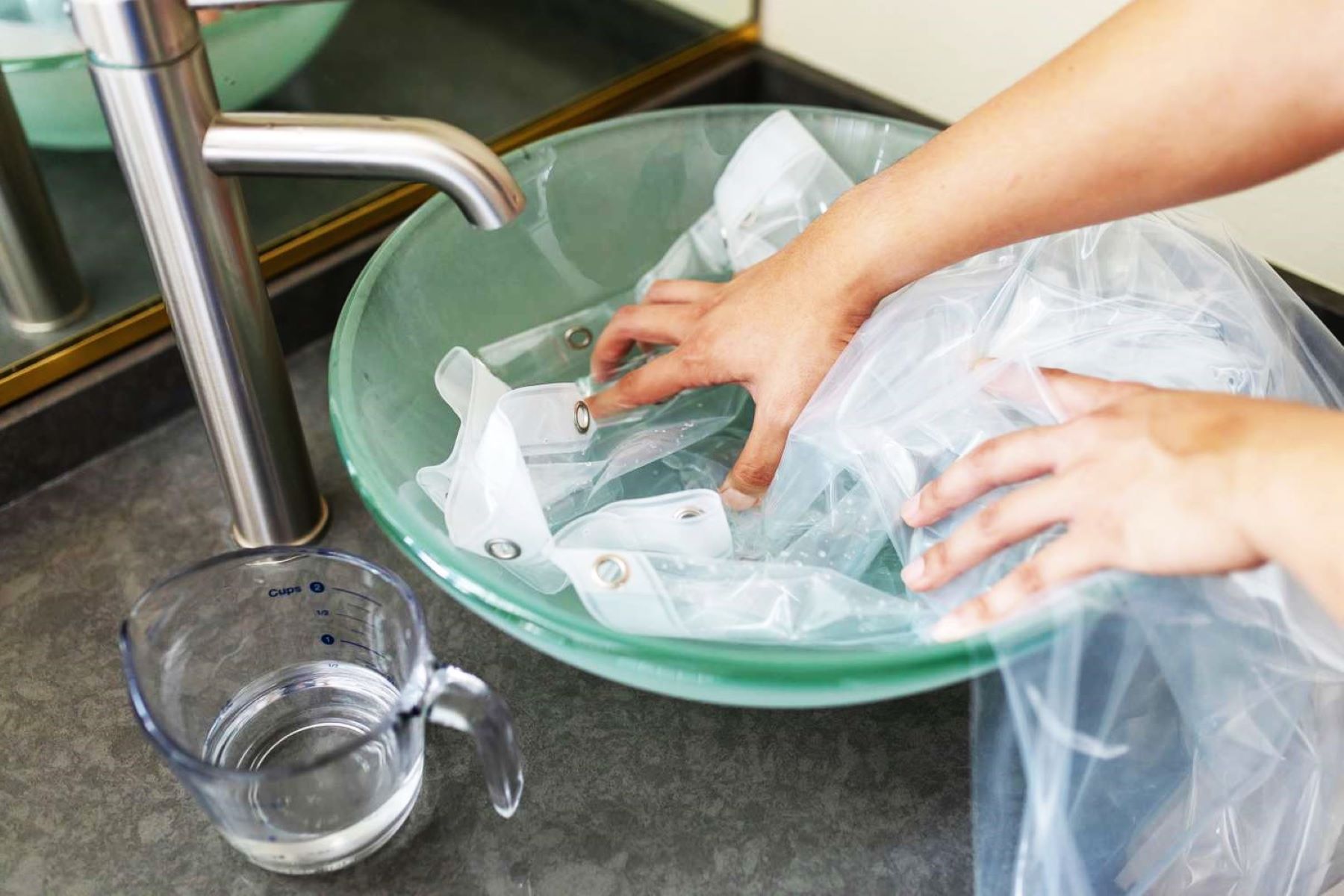
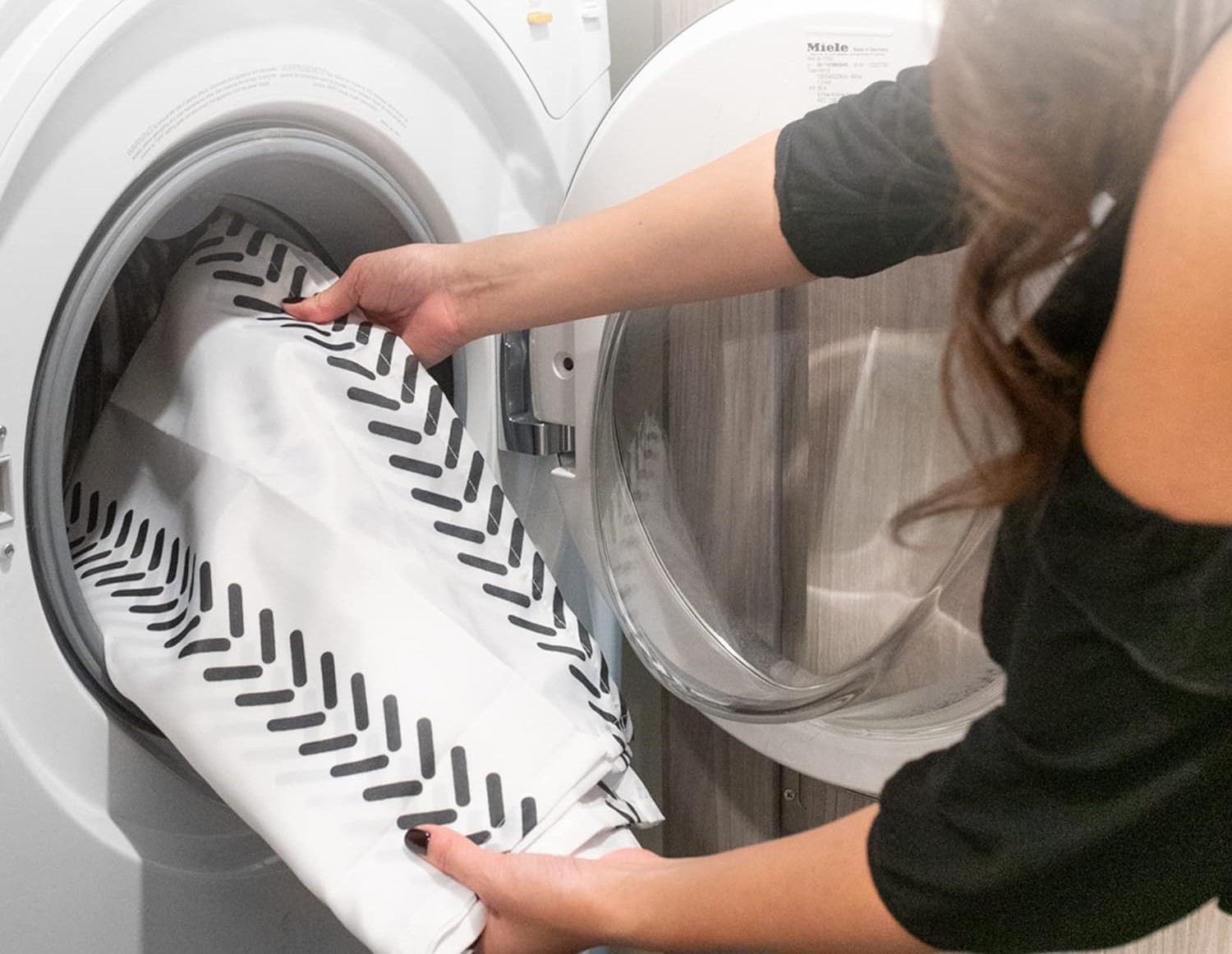

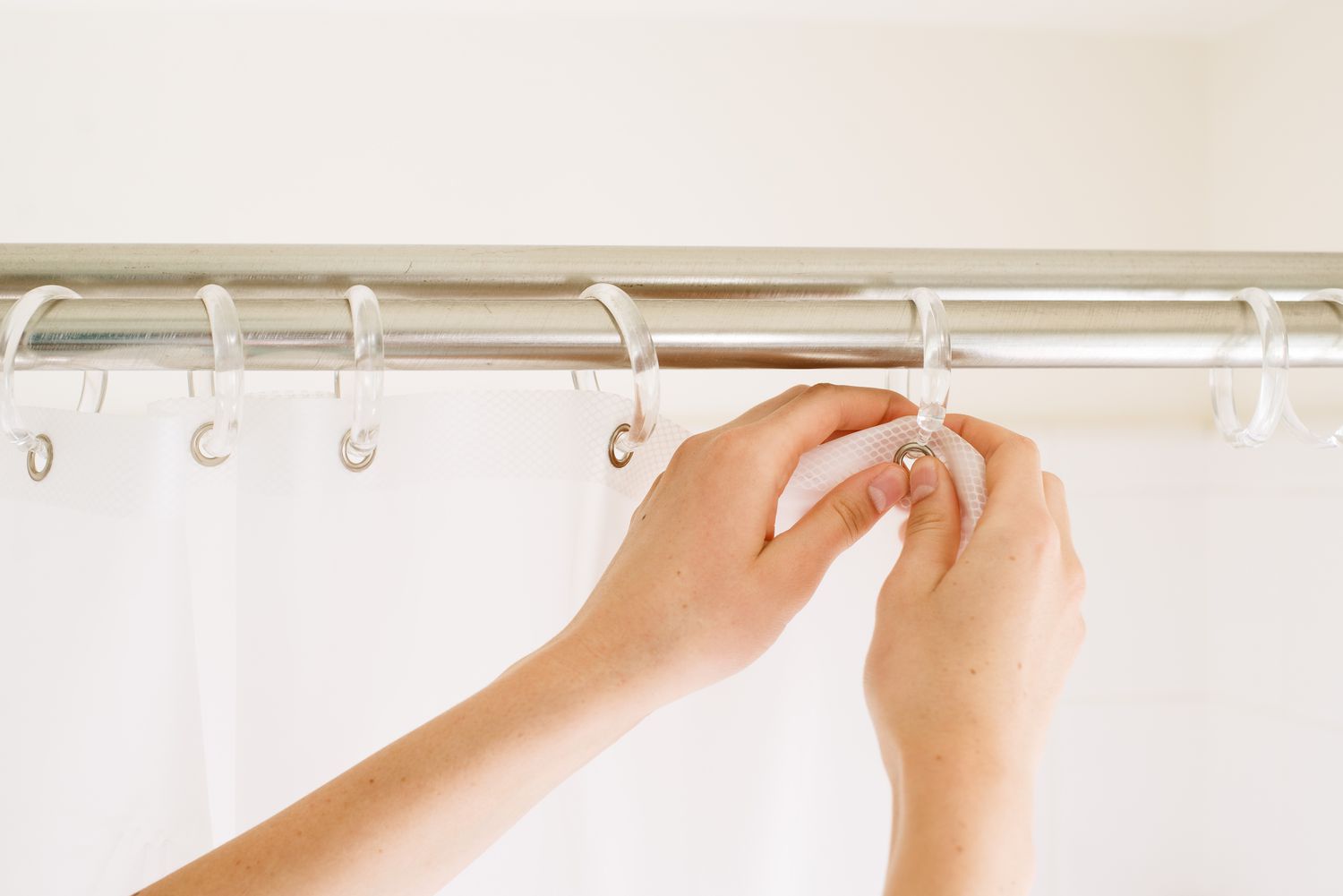
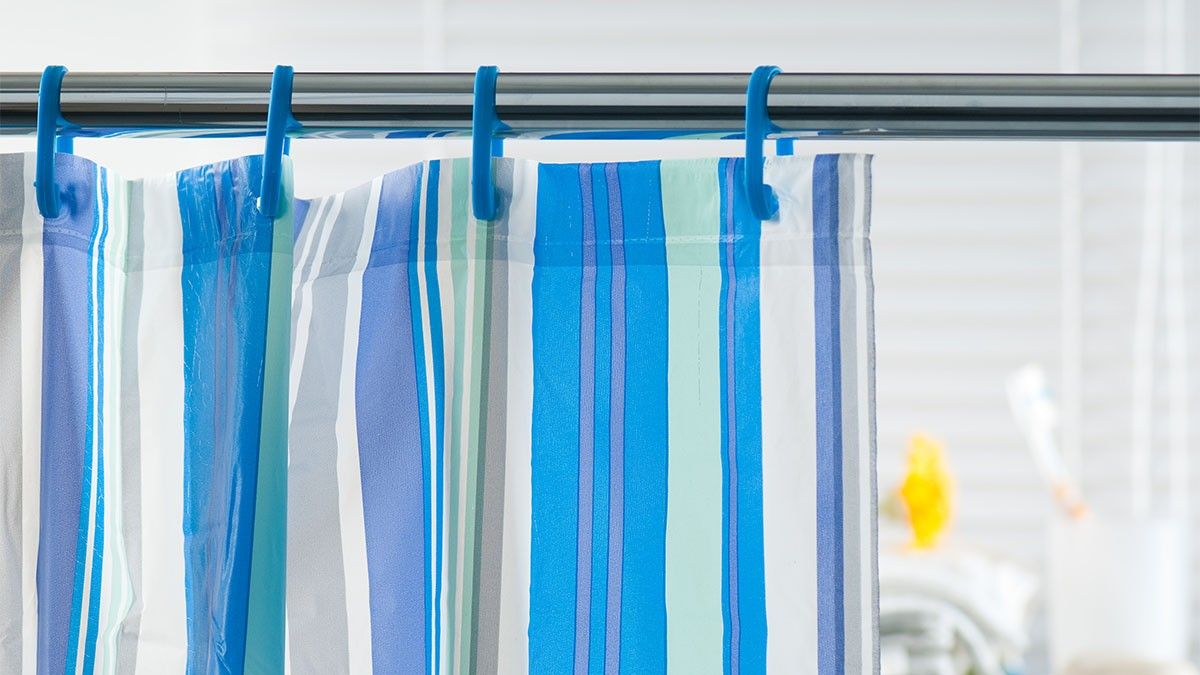







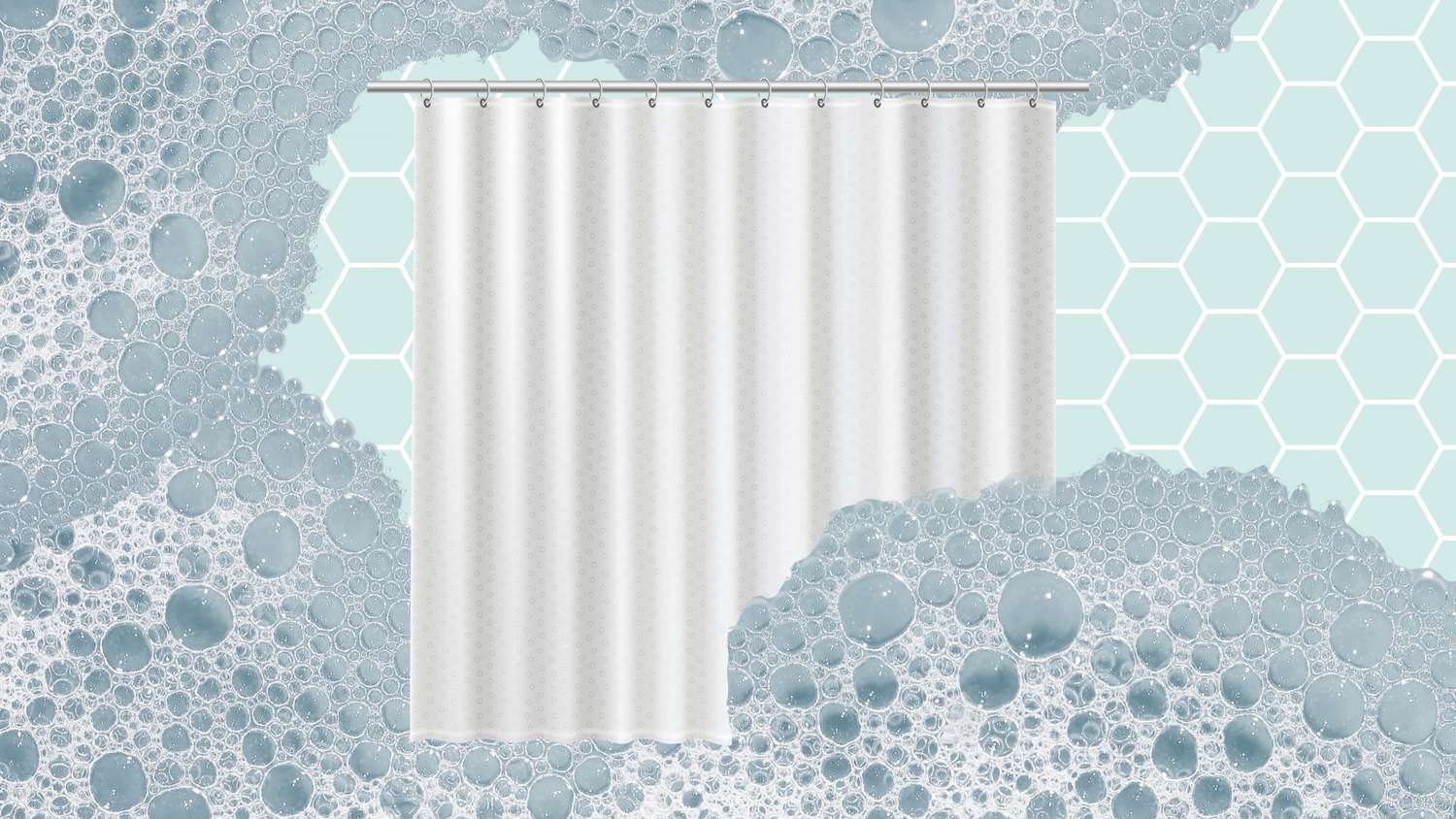


0 thoughts on “How Often To Wash A Shower Curtain”